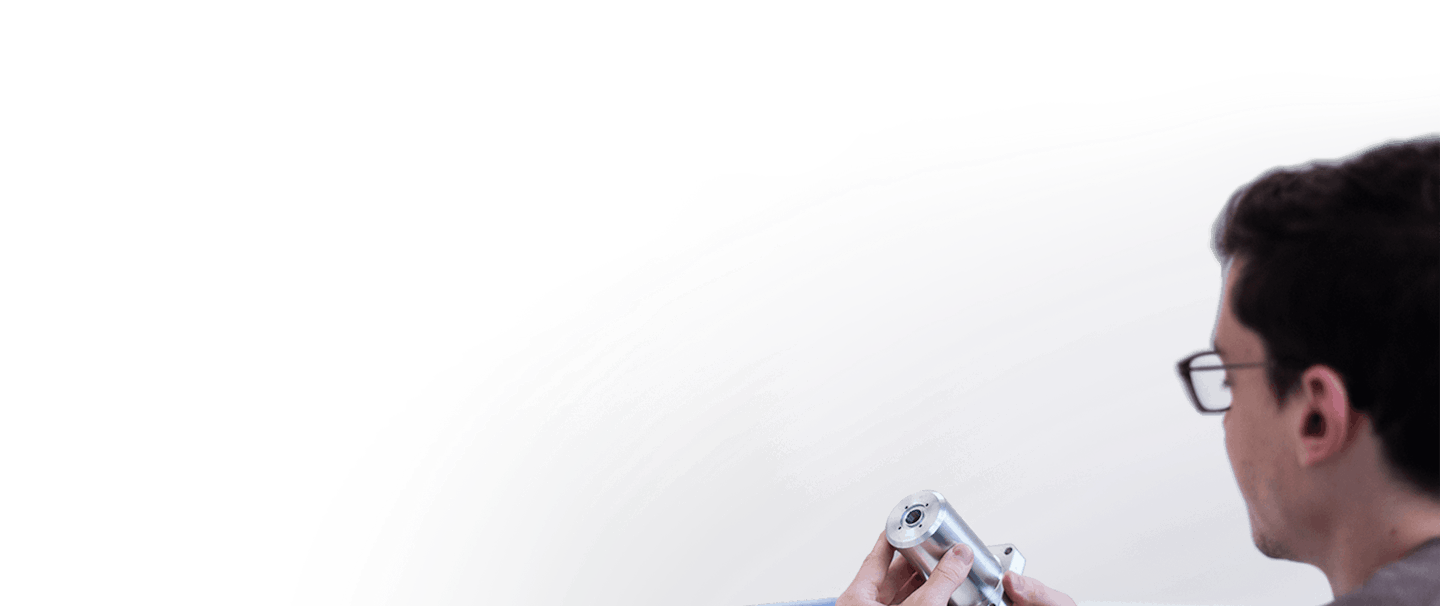
Rapid Prototyping With Xometry
Rapid 3D printing, CNC machining, sheet metal, and injection molding. Parts ship in days.
Low Cost and Quick Turn
Domestic or Global Manufacturing
Standard or Engineered Materials
What is Rapid Prototyping?
Rapid prototyping is a product development method that utilizes turnkey manufacturing technologies to quickly produce multiple iterations of a component for testing and evaluation. In other words, it is a method of making parts as quickly as possible for hands-on reviews. 3D printing is most often chosen for rapid prototyping because of its affordable price point, typically between $5 and $ 50 for a prototype, and its quick turnaround time of 1-3 business days. Other common rapid prototyping processes besides 3D printing include CNC machining, sheet metal fabrication, and rapid injection molding.
Speed and affordability are the key principles of rapid prototyping, and they allow multiple prototype designs to be manufactured at once or one prototype to be revised and iterated quickly. Prototypes provide critical information that helps engineers make design decisions before moving to higher fidelity models for functional testing and production.
Rapid prototyping services can be used to test a full range of designs and materials since the usual financial and time risk is removed from the equation. This mitigates the risk of moving a project forward without enough information.
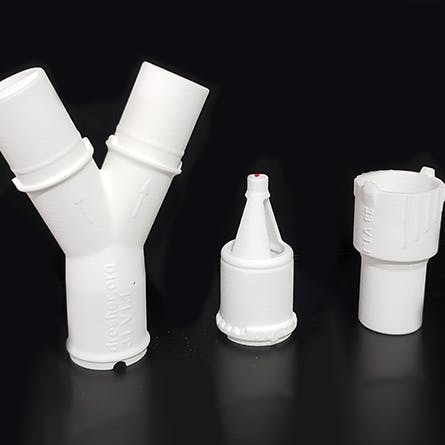
Choosing Between Rapid Prototyping Processes
For engineers and product designers searching for rapid prototyping online services to speed up product development cycles, Xometry offers a variety of rapid manufacturing processes that can be used to create prototypes quickly and affordably. Although there are countless different ways that any individual prototype can be produced, it is ultimately up to the engineer to determine which process and material are best suited to their product. In recent years, advancements in additive manufacturing technology have made 3D printing a go-to choice for engineers in search of rapid prototyping solutions: parts can be printed quickly and cheaply in various metals and plastics.
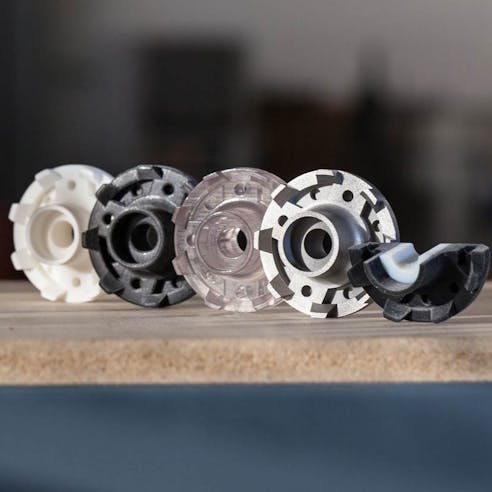
Rapid 3D Printing Processes
3D printing is the most common rapid prototyping process. The key advantage of using a 3D prototype service is that it is fast and affordable. At Xometry, some 3D printed parts can be built and shipped in as little as a single day with low costs.
The most commonly used 3D printing processes for rapid prototyping are selective laser sintering (SLS), HP Multi Jet Fusion (MJF), stereolithography (SLA), and fused deposition modeling (FDM).
SLS and MJF are some of the most versatile methods for rapid prototyping because they combine speed, functional mechanical properties, good detail resolution, and low costs.
SLA has the best surface finish of any 3D printing process and the highest detail accuracy and tolerances. It is also great at prototyping clear parts, particularly with the QuickClear finish on some materials.
FDM offers a wide variety of engineered thermoplastics such as ABS, ASA, PC, PC-ABS, and ULTEM. FDM can rapidly produce larger, bulky parts, up to 36” in a single piece.
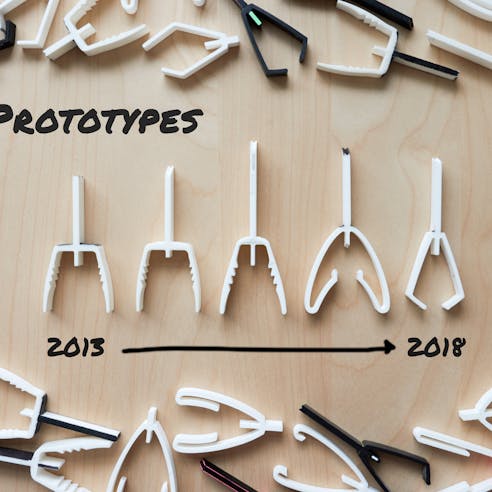
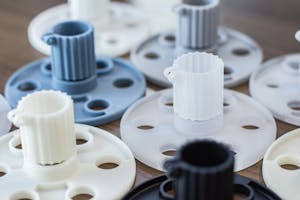
Stereolithography (SLA) 3D Printing Services
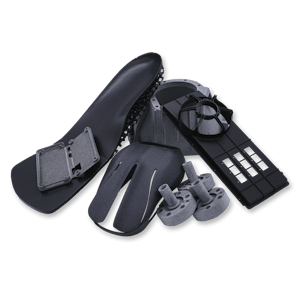
HP Multi Jet Fusion (MJF) 3D Printing Service
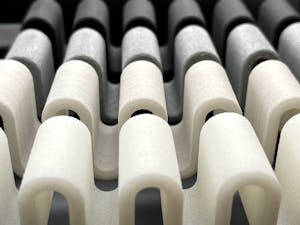
Selective Laser Sintering (SLS) 3D Printing Service
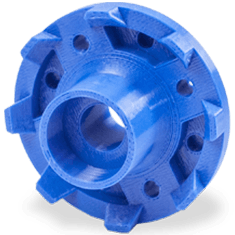
Fused Deposition Modeling (FDM) 3D Printing Service
Rapid CNC Machining
CNC milling and turning are great rapid prototyping options for parts requiring the prototype to be evaluated in its final material if cut from fully dense stock. Xometry can machine a wide variety of metals and plastics. Many machined parts can be manufactured and shipped within a week. CNC expedited options are available when quoting, and Xometry’s cost-effective, market-based prices enable engineers to order multiple prototypes simultaneously to enable rapid product evaluation. If more time is available, Xometry's international economy CNC services offer low prices with instant quoting (international prototype pricing includes any additional tariffs).
CNC machined parts have a longer lead time than 3D printing because of the additional machine setup and run time. 3D prints run through a direct digital manufacturing process, with minimal setups or post-processing.
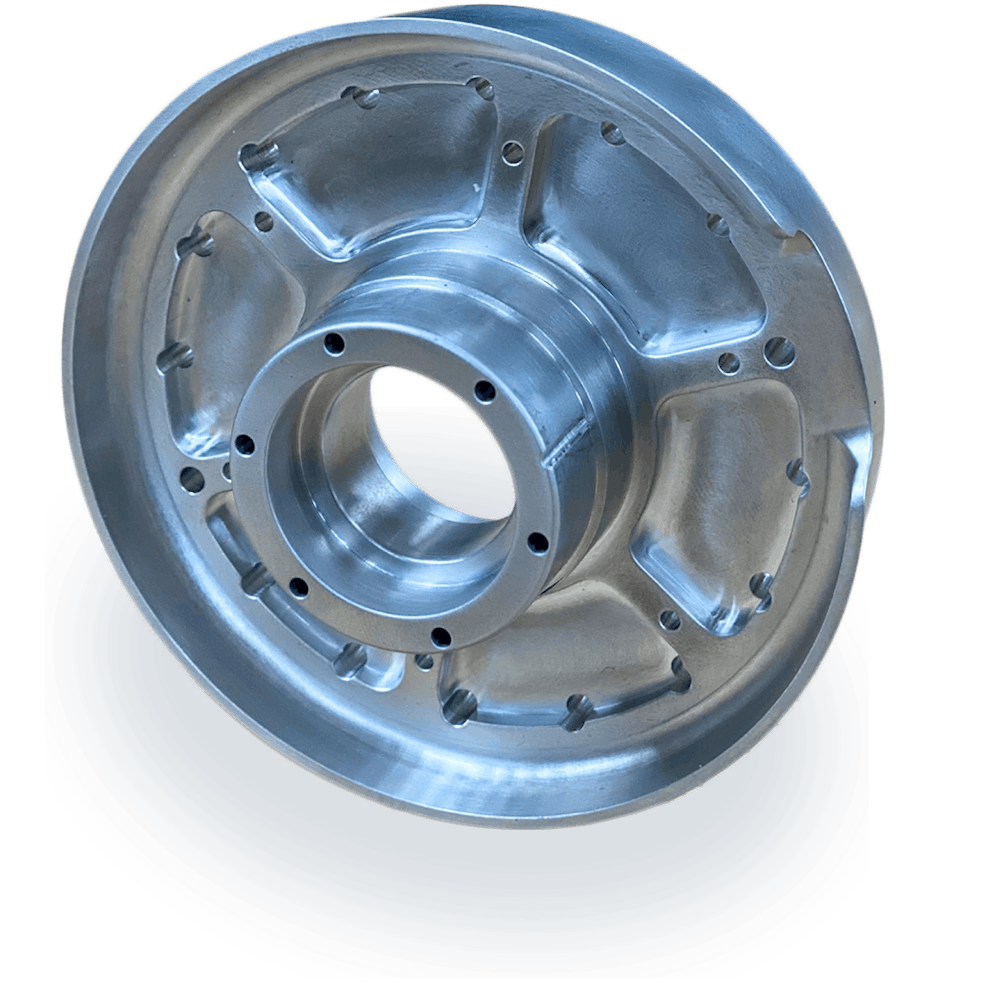
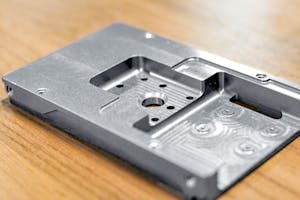
Custom Online CNC Machining Services
Rapid Sheet Metal Fabrication
Rapid sheet metal fabrication can be a great option for quick-turn flat parts that require the prototype to be evaluated in its final metal material. These parts can be turned around in a week or less and can often be cost-effective enough to manufacture two or more prototype designs in parallel. Aluminum 5052 is the most common sheet metal material for rapid prototyping, but Xometry also offers a variety of alloys including steels, copper, and stainless.
Rapid sheet metal parts have a comparable lead time to rapid CNC machined parts, but have a longer lead time than 3D printed parts. Much like CNC machining, sheet metal fabrication requires additional machine set-up and run time.
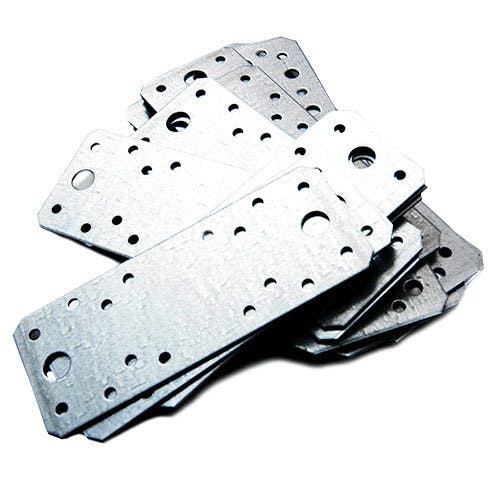
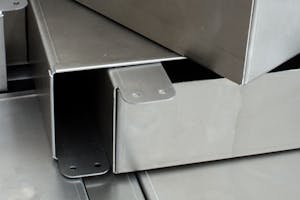
Sheet Metal Fabrication Services
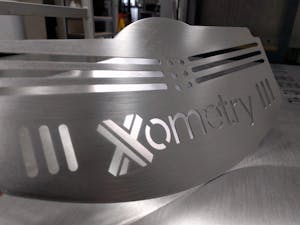
Laser and Sheet Cutting Services
Rapid Injection Molding
Rapid plastic injection molding is a process that results in a very durable set of identical parts for testing with multiple backup parts. Rapid injection molding can be used for high-fidelity product evaluations and bridge tooling for temporary production at a product launch. The typical lead time for rapid tooling is 2-3 weeks for the initial parts. Xometry’s Quick-Turn Molding option can get parts in as little as five days. Rapid molding may be the best process for rapid prototyping over additive manufacturing or machining due to strict material requirements or mechanical needs that are not achievable in those methods.
While rapid injection molding is slower than 3D printing or CNC machining, seeing a higher volume of parts as close to the final geometric form is critical. This is where injection molding excels, with high repeatability and near-net final shapes.
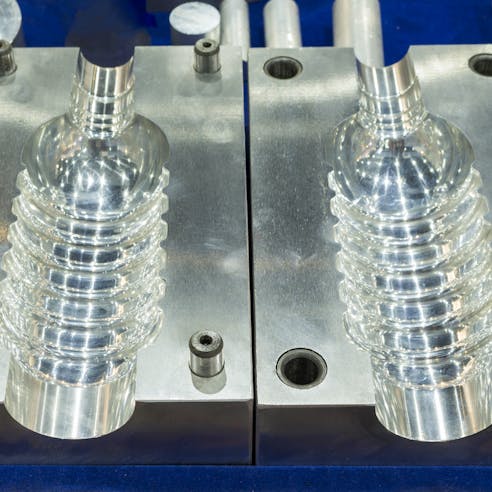
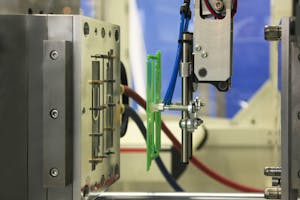
Custom Plastic Injection Molding Service
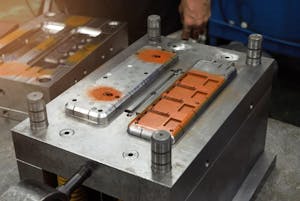
Quick Turn Injection Molding
Why Choose Xometry for Rapid 3D Printing Prototype Service?
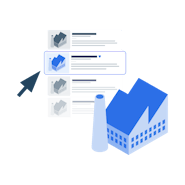
Endless Options
Choose from thousands of possible combinations of materials, finishes, tolerances, markings, and certifications for your order.

Easy to Use
Get your parts delivered right to your door without the hassle of sourcing, project management, logistics, or shipping.

Vetted Network
We are ISO 9001, ISO 13485, IATF 16949, and AS9100D certified. Only the top shops that apply to become Suppliers pass our qualification process.